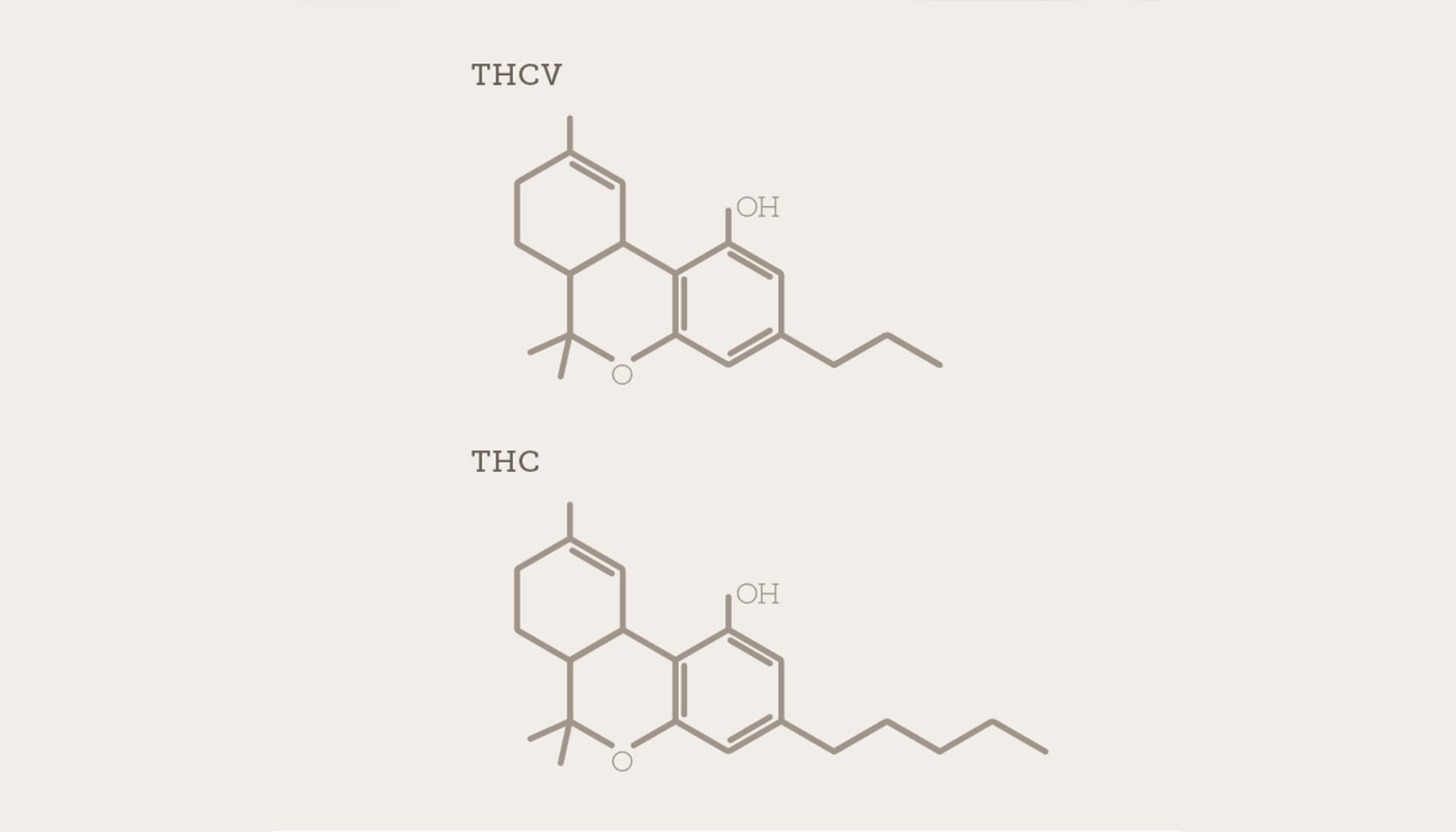Tetrahydrocannabivarin (THCV) is a cannabinoid compound found in cannabis and hemp plants. It's chemically comparable to tetrahydrocannabinol (THC) however with some essential distinctions. Here's everything you need to understand about THCV including the threats, advantages, distinctions, and similarities with other forms of THC and more. What Is THCV? THCV is a less typical cannabinoid found in some pressures of cannabis, particularly African sativa.
 The Therapeutic Value of THCV • truPhys
The Therapeutic Value of THCV • truPhys
 What is THCV and what are the benefits of this cannabinoid? Leafly
What is THCV and what are the benefits of this cannabinoid? Leafly
 Tetrahydrocannabivarin - Wikipedia
Tetrahydrocannabivarin - Wikipedia
THCV has a 3-carbon side chain instead of THC's 5-carbon side chain. This distinction is subtle, however it has an obvious effect on the impact profile. THCV is rather psychedelic however only about and about. What Does THCV Seem like? THCV has a strong energy-boosting component to it, that makes it specifically popular among students and athletes.
In the United States, THCV guideline is nuanced. THCV is not an Arrange I Drug, but marijuana extracts are making it somewhat ambiguous what the federal position is on THCV. The 2018 Farm Expense states that hemp plants and all derivatives of the plants are legal on a federal level, so numerous business abide by this law and still offer THCV to clients by just drawing out the substance from hemp plants.
If THCV is thought about a THC analog, it might be controlled in the future by the same guidelines as THC under the Federal Analog Act. This act states that any compound that shares a comparable molecular profile as a recognized restricted compound it's included in the exact same drug Set up classification.
What Are the Results of THCV? Proponents of THCV report that it produces an extreme burst of energy and makes them feel euphoric without the mental cloudiness caused by THC. The results are very mild compared to THC. The effects are practically specifically cognitive yet in some way have very little influence on headspace.
2. THCV & Hunger Some THCV users claim that it curbs their cravings. This is a typical result of other focus-enhancing substances as well. It's as though THCV gets rid of the diversion of other bodily procedures (like hunger) in order to protect resources and attention to cognitive tasks instead. How Does THCV Work? Cannabinoids produce biological results in the human body by communicating with endocannabinoid receptors.
CB1 receptors lie in the nerve system and engage with neurotransmitters in the brain to produce mind-altering results. Interaction with CB1 sites is what provides some cannabinoids like THC their psychoactivity. THCV is a bit tricky to comprehend due to the fact that it's mainly a CB1 villain, implying it has the opposite effect as THC.
While researchers are still looking for to understand this process, it appears THCV has the ability to obstruct the impacts of CB1 in low dosages and stimulate them in high dosages. CB2 receptors are found mostly in the immune system. THCV is a partial agonist of CB2, however the impacts of this partial activity aren't popular, and it relatively has no noticeable impact on THCV users' experience.
As mentioned in the previous section, THCV is a CB1 antagonist in low doses which is the specific opposite impact of delta 8 and delta 9 THC. This might suggest that THCV counteracts some of the psychoactive effects of THC. This result could explain why individuals who utilize THCV feel so clear-headed particularly compared to the infamous "fogginess" induced by delta 9 THC.